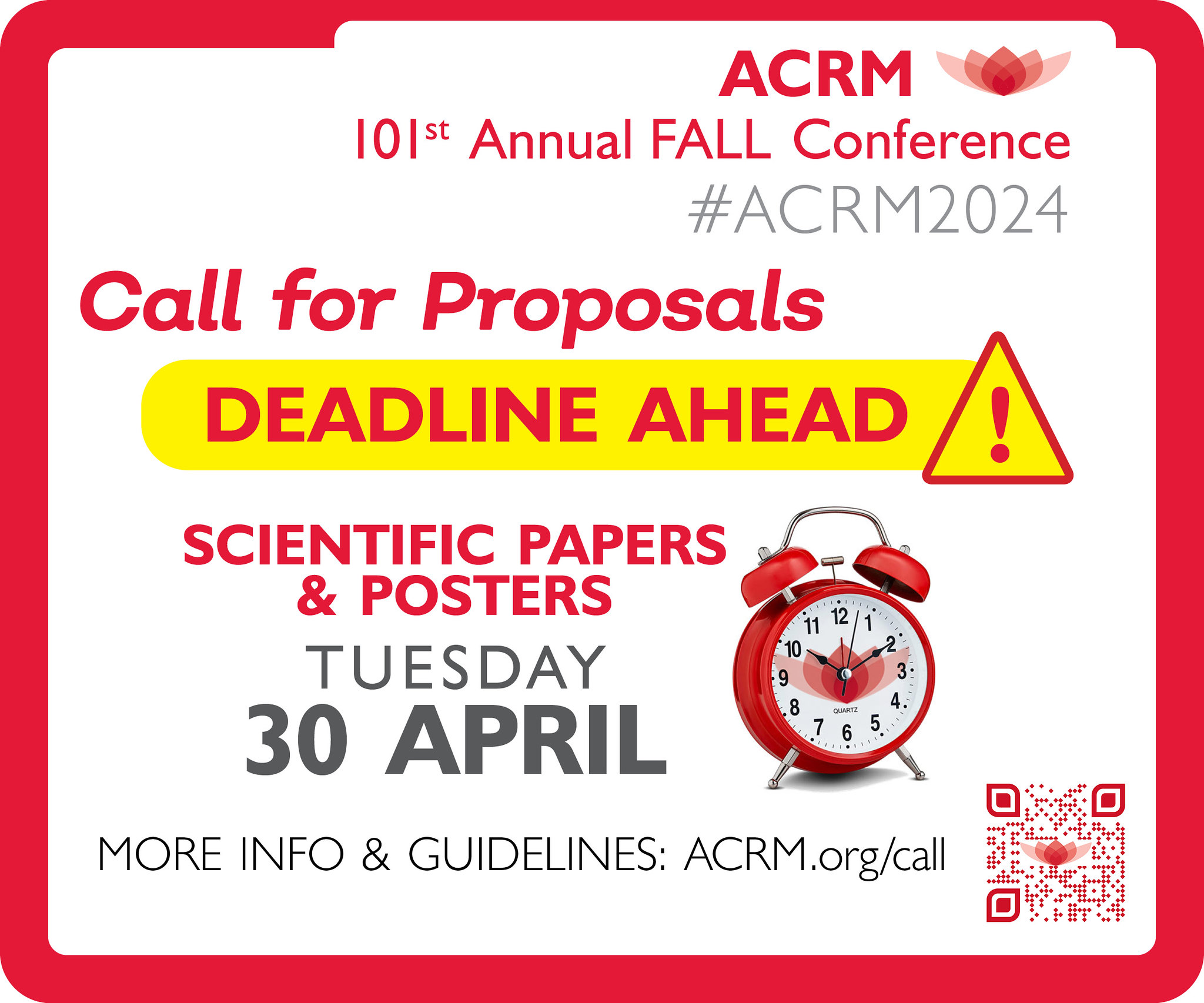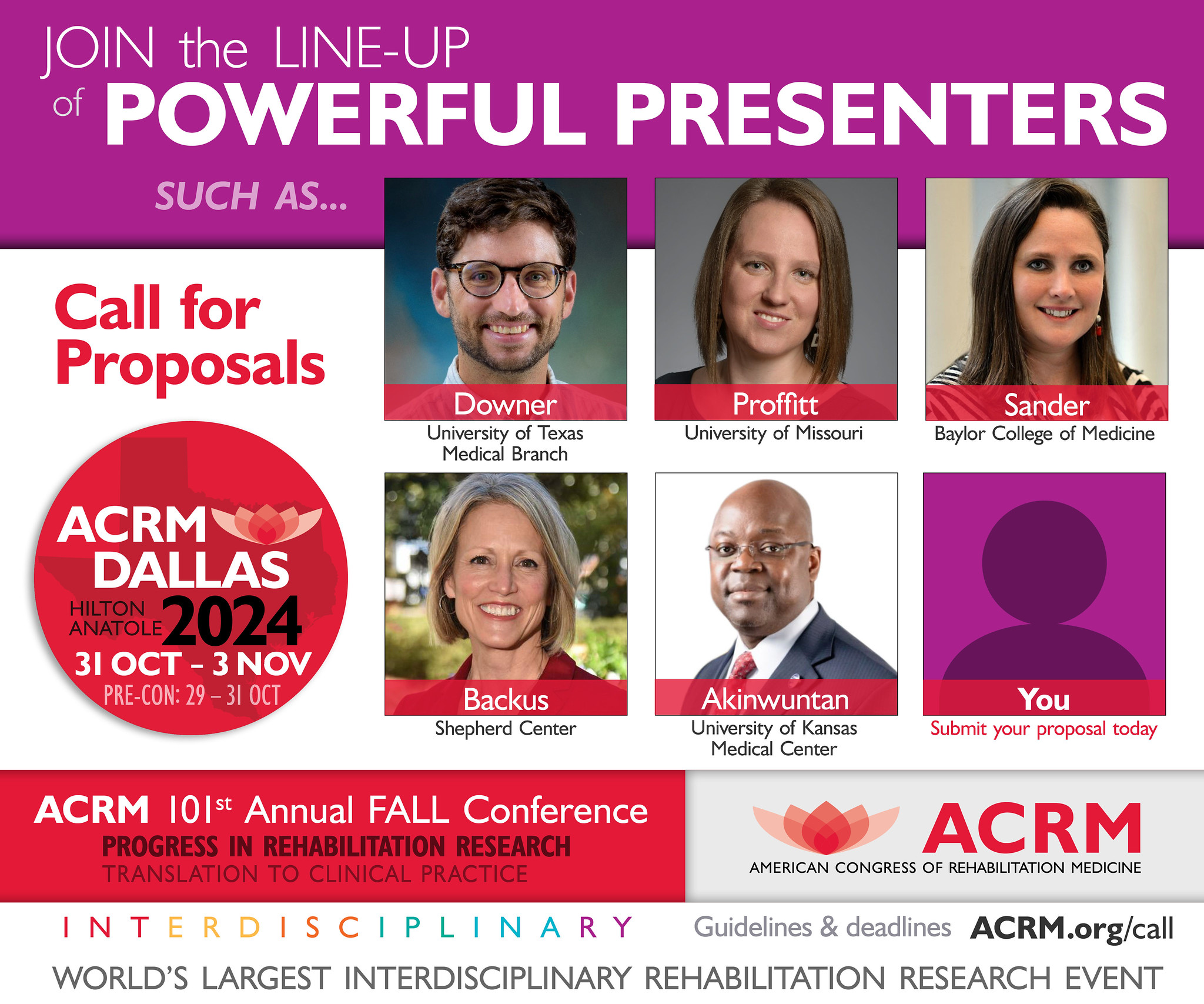WHAT IS COMPLEMENTARY, INTEGRATIVE MEDICINE?
According to the NIH National Center for Complementary and Integrative Health (NCCIH), if a non-mainstream therapeutic practice is used together with conventional medicine, the practice is considered “complementary.” A complementary health approach might involve the use of natural products such as herbs, vitamins, minerals and probiotics, and/or mind and body practices such as yoga, meditation, acupuncture, chiropractic and osteopathic manipulation, as well as many other therapies to restore or maintain health and wellness. Conversely, when a non-mainstream therapeutic practice is used in place of rather than alongside conventional medicine, then this practice is referred to as “alternative” medicine. “Integrative” health care involves bringing conventional and complementary treatment approaches together in a coordinated, collaborative way to promote the relief of symptoms, healthy behavior, comprehensive disease management and recovery.
Hear Task Force Chair Carmen Capo-Lugo explain the benefits of this group
COMPLEMENTARY HEALTH APPROACHES
Some of the more popular complementary health approaches fall into one of two subgroups:
- Natural Products, e.g., herbs, vitamins and minerals, dietary supplements
- Mind and Body Practices, e.g., yoga, meditation, biofeedback, acupuncture, massage therapy, tai chi, qi gong, healing touch, hypnotherapy, and movement therapies and chiropractic and osteopathic manipulation.
Approaches that are harder to fit into a category include traditional Chinese medicine, ayurvedic medicine, homeopathy, and naturopathy.
ABOUT THE CIRMNG
Consistent with the NCCIH, the ACRM Complementary, Integrative, Rehabilitation Medicine Networking Group (CIRMNG) works to:
- Define, through rigorous scientific investigation, the usefulness and safety of complementary and integrative health interventions and their roles in improving health and health care
- Generate scientific evidence that will inform decision-making by the public, by health care professionals, and by health policymakers regarding the use and integration of complementary and integrative health approaches
- Follow and promote best practices at every stage of the research, education, and/or treatment phase of the rehabilitation process.
The ACRM Complementary, Integrative, Rehabilitation Medicine Networking Group provides an education and leadership platform to support collaboration among ACRM members, and existing groups in the use of cutting-edge complementary, integrative rehabilitation research and the translation of evidence into practice related to a wide variety of medical conditions that affect the physical function, cognitive wellbeing, and quality of life of individuals with disabilities and chronic health conditions such as cancer, traumatic brain injury (TBI), spinal cord injury (SCI), stroke, neurodegenerative diseases, as well psychiatric conditions (e.g., depression).










